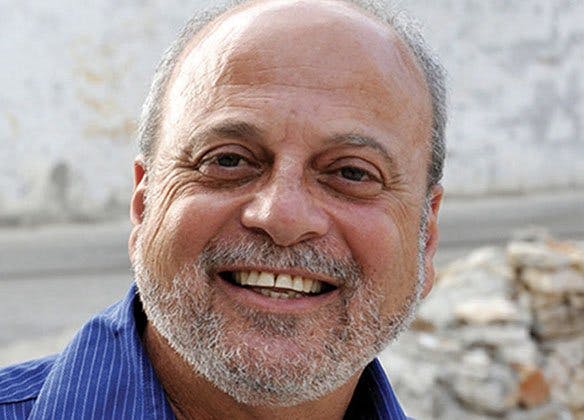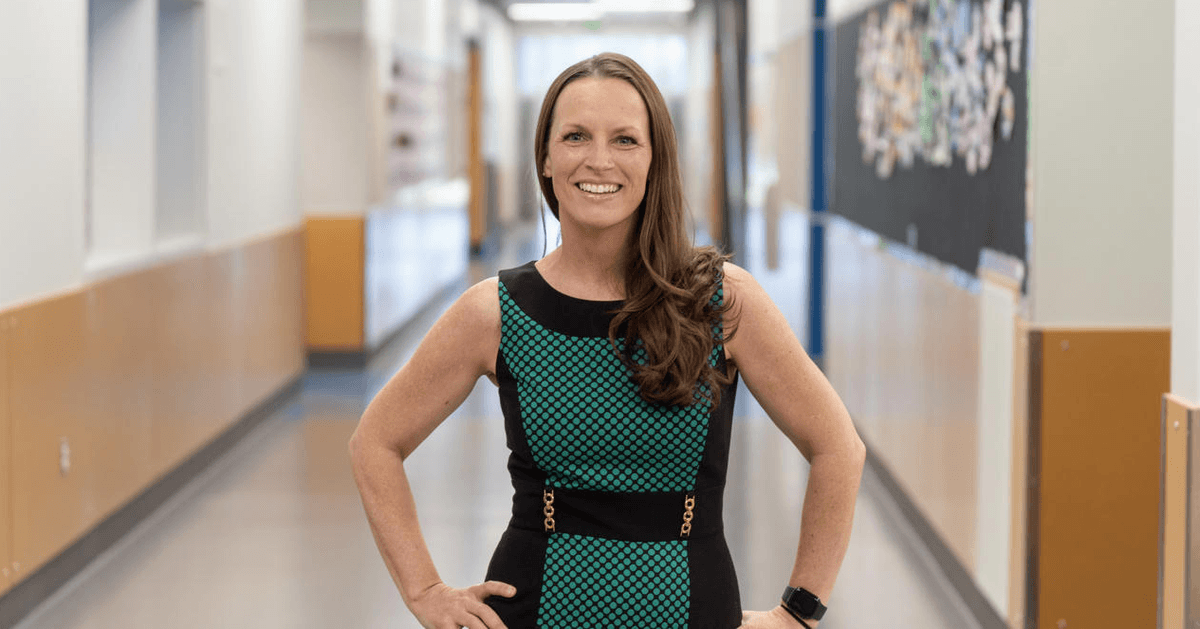 This essay was originally published in the Autumn 2001 issue of SPU’s Response
This essay was originally published in the Autumn 2001 issue of SPU’s Response
My heart and my prayers go out to the American people. We understand your pain and shock, for we live with conflict every day. Ours is a tense and fearful atmosphere, especially as our children go to school in downtown Jerusalem, an area often targeted by terrorist bombs. One of our 7-year-old son’s classmates lost a parent to the conflict.
Crossing the checkpoint into Bethlehem nearly every day is quite an ordeal. Many of our students at the college have had their homes struck by Israeli machinegun fire. One of our teachers was hit in the leg as she left class. The college buildings are damaged, and we have canceled or rescheduled the night classes. Many of the young people have left the country because they can’t find work. The college has had to enlarge its food distribution program.
Though people in the Middle East generally like Americans, they tend to believe that the ethics and values of Americans and Christians are one and the same, and so U.S. government policy toward the Middle East can become an obstacle to the gospel. In ministering to Muslims, we must help them make the distinction.
The ministry of “Musalaha” is a strategy for dealing with these obstacles. The word is Arabic for “forgiveness” and “reconciliation.” For these results to occur, you must find a neutral and easily accessible place for Palestinian and Israeli Christians to meet. The Desert Encounter program we sponsor is a journey that allows different groups from both sides to work together to negotiate the hardships of the desert. Survival forces them to relate on a different level and to communicate openly. In so doing, they reach a certain level of intimacy and changed perceptions.
In America, Christians are largely ignorant about Islam. They need to learn of its richness and complexity in order to reach out to Muslims in love, to avoid dehumanization and demonization. Radical Islam, a small minority, not only opposes American and Christian values, but also opposes the regimes of Muslim states like Egypt and Algiers. It is against the concept of a nation-state and believes that all Muslims should live under one political/religious leader. It is a reaction to modernity and globalization and reflects the inability of many Arab Muslim countries to improve the socio-economic situations of their people.
The Koran does not teach terrorism, but neither is there a specific teaching like the teaching of Jesus to love your enemies. I am not downplaying the threat, but we must respond with the gospel and look at their grievances, for these are obstacles for them in understanding Christianity. Christ’s obedience on the cross compels us to obey his commands for unity, which is essential in our proclamation that he is savior of the world.
The Palestinian church can bless the American church in its understanding of Islam and the people of the Middle East. We would ask you to pray for protection for our families and communities, as we pray for yours. Pray for a peaceful and just end to conflict. Pray that believers in the Holy Land will be an example of reconciliation and a light in the darkness.
Salim Munayer served as academic dean and professor at Bethlehem Bible College from 1989 to 2008. Today, he is executive director and founder of Musalaha Ministry of Reconciliation. Salim, a Palestinian-Israeli born in Lod, received his bachelor’s degree from Tel Aviv University; his master’s degree from Fuller Theological Seminary; and earned a doctorate from the Oxford Center of Mission Studies in the United Kingdom. He is an adjunct professor at Fuller Theological Seminary and The Hebrew University of Jerusalem.




